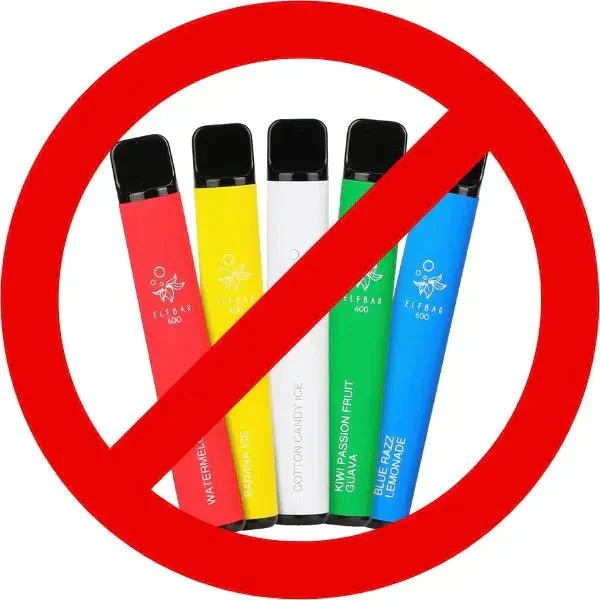As of June 1, the disposable vape ban is officially in force across the UK. After months of debate and public health warnings, the government has made its move to eliminate the sale of single-use vapes. But the big question remains: will shopkeepers actually comply?
Why the Ban Happened
The disposable vape ban didn’t come out of nowhere. Rising concerns about youth vaping, environmental waste, and unregulated products prompted lawmakers to act. Disposable vapes, often brightly coloured and candy-flavoured, have become especially popular among teenagers. Despite being illegal to sell to minors, enforcement has been spotty at best.
Health experts warned of a new generation getting hooked on nicotine. Meanwhile, local councils complained about the growing burden of vape-related litter. With millions of devices thrown away each week, the environmental impact couldn’t be ignored.
What the Ban Covers
Under the new legislation, selling disposable vapes is now illegal in the UK. That includes popular brands like Elf Bar and Lost Mary. Retailers are expected to remove all stock from shelves immediately. Importing and manufacturing these products is also prohibited.
However, refillable and rechargeable vape kits remain legal—for now. The goal is to push adult smokers toward less wasteful alternatives while curbing youth access to vapes altogether.
Will Shopkeepers Follow the Rules?
This is where things get murky. While major retailers and supermarkets have already started phasing out disposable vapes, smaller corner shops and independent retailers may not be as quick to fall in line.
Some are likely to offload leftover stock under the table. Others may simply ignore the ban altogether, especially in areas where enforcement resources are thin. Trading standards officers will have their work cut out for them.
Penalties for selling banned disposable vapes include fines, seizure of goods, and potential closure orders. But enforcement depends on local authorities—and their budgets.
What This Means for Consumers
If you’re a regular user of disposable vapes, the message is clear: it’s time to switch. Refillable devices offer more control, lower long-term cost, and less environmental damage.
But beware—some shops may still try to sell banned stock. Buying or using these products could land you in legal grey areas, not to mention support a market that’s officially out of bounds.
Final Thoughts
The disposable vape ban is a bold step, but it’s only as strong as its enforcement. Whether shopkeepers will abide remains to be seen. What’s certain is this: the vape landscape in the UK has changed, and there’s no going back.



